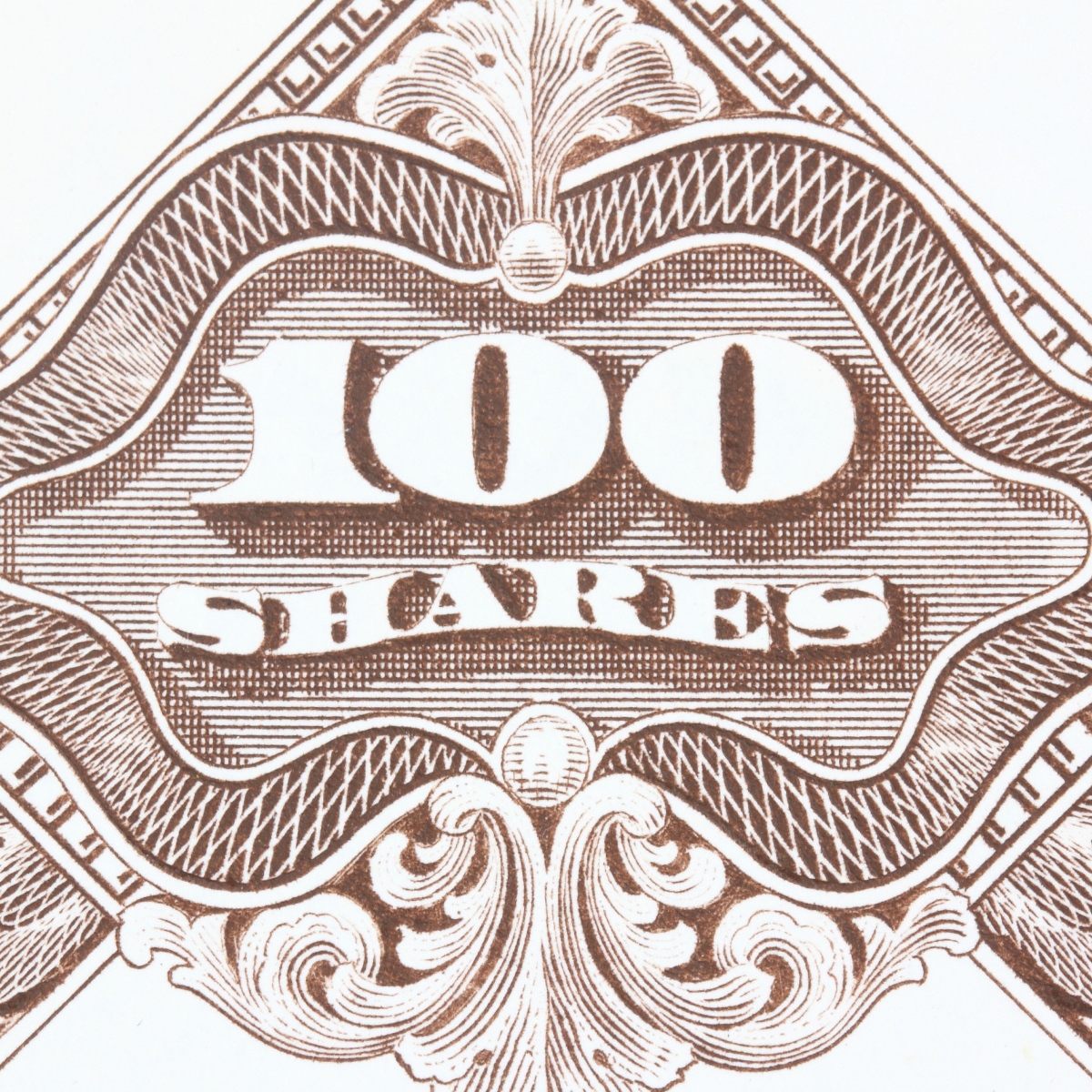Investing
Stock Buybacks Appear to Be Falling out of Favor in 2016

Published:
Last Updated:

When it comes to companies returning capital to their shareholders, the two general methods have been via dividends and stock buybacks. Dividends are a signal that income should remain healthy. Stock buybacks can be opportunistic, buying when share prices are low, or they can act to either shrink the total shares outstanding or to offset dilution from employee stock options.
After many years of endless stock buybacks, at least one source is signaling that Corporate America is now pushing far less capital toward share buybacks than more recent years. Is it possible that companies, which have billions of dollars out of reach overseas and may have to issue debt, are focusing on how to utilize their capital in more measurable ways?
A TrimTabs Investment Research note issued on Monday, May 23, showed that stock buyback announcements have totaled $261.5 billion so far in 2016. While this is still massive number, and while it is only through Thursday, May 19, it represents a drop of a sharp 35% from the $399.4 billion in the same period measured in 2015, according to TrimTabs.
TrimTabs explained that the decline in buyback activity does not augur well for U.S. equities in the longer term. While the nominal number sounds large, the consideration here is that only half as many companies (compared with last year) have announced buyback plans of $2 billion or more this year.
Buybacks are far from the only game in town for keeping shareholders happy. Many companies have been criticized for buying back stock and losing money on those buybacks. Just ask IBM and Apple how their buyback efforts have gone. They may say it has accomplished what they wanted, but many of us know better.
Maybe companies will look for ever more opportunities to make acquisitions, domestic or abroad.
The Buyback Achievers ETF (NYSEMKT: PKW) was trading at $45.19 on Monday. It has a 52-week trading range of $28.50 to $50.10. Performance of this exchange traded fund in 2016 has been −0.8%, and its shares have generated a return of −9.8% over the trailing year from the last closing price.
The AdvisorShares TrimTabs Float Shrink ETF (NYSEMKT: TTFS) was last seen at $54.57, within a 52-week range of $46.48 to $58.90. Performance in 2016 has been a gain of 0.7% and its shares have generated a return of −7.4% over the trailing year from Friday’s closing price.
The SPDR S&P 500 Buyback ETF (NYSEMKT: SPYB), which has the thinnest trading volume of these “buyback ETFs,” traded at $45.64 and has a 52-week range of $40.05 to $51.84. Performance in 2016 has been −1.2%, and its shares have generated a return of −10.7% over the trailing year from the last closing price.
David Santschi, CEO of TrimTabs, said in his notification:
Buybacks in earnings season were disappointing. While the volume of $91 billion was respectable, buybacks for just two companies accounted for half of the volume.
Not only has the volume declined, but the number of companies rolling out big repurchases has fallen sharply. By this time last year, 45 companies had announced buybacks of at least $2 billion, but only 23 have done so this year.
Stock buybacks — many of them funded with borrowed money — have been a key source of fuel for the bull market. This source of support for stock prices is likely to be weaker than in the past.
Start by taking a quick retirement quiz from SmartAsset that will match you with up to 3 financial advisors that serve your area and beyond in 5 minutes, or less.
Each advisor has been vetted by SmartAsset and is held to a fiduciary standard to act in your best interests.
Here’s how it works:
1. Answer SmartAsset advisor match quiz
2. Review your pre-screened matches at your leisure. Check out the advisors’ profiles.
3. Speak with advisors at no cost to you. Have an introductory call on the phone or introduction in person and choose whom to work with in the future
Thank you for reading! Have some feedback for us?
Contact the 24/7 Wall St. editorial team.